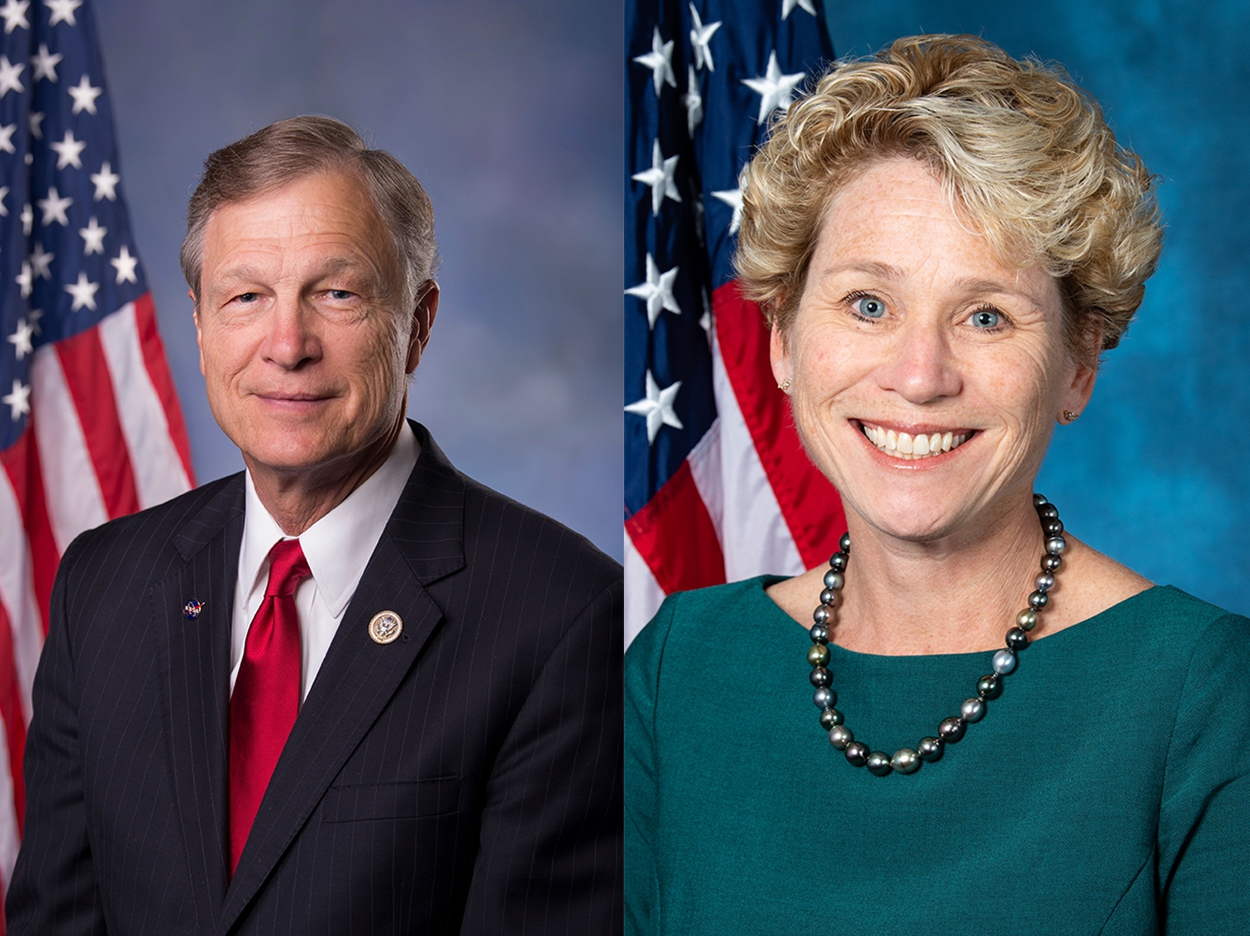
Fifteen national dental organizations joined a coalition of 29 groups supporting the Resident Education Deferred Interest (REDI) Act (HR 4122), which, if passed, will enable borrowers to qualify for interest-free deferment on their student loans while serving in a medical or dental internship or residency program.
In a letter to sponsors Representative Brian Babin, DDS (Texas-36) and Representative Chrissy Houlahan (Pennsylvania-06), the groups noted the substantial costs of graduate-level medical and dental education for most students.
“Further, those who undertake several years of residency with very low pay are often unable to begin repaying student debt immediately,” the letter continued. “As a result, they qualify to have their payments halted during residency through deferment or forbearance processes, but they continue to accrue interest that is added to their balance.”
The coalition called passage of the REDI Act “an important part of student loan repayment reform” since it would prevent medical and dental residents from penalized during residency while saving them thousands of dollars in interest.
“Providing interest accrual relief during residency also would make the concepts of opening practices in underserved areas or entering faculty or research more attractive and affordable to residents,” the letter said.
The bill would amend the Higher Education Act of 1965. The dental groups joining the coalition include:
- The Academy of General Dentistry
- The American Academy of Dental Group Practice
- The American Academy of Oral and Maxillofacial Pathology
- The American Academy of Oral and Maxillofacial Radiology
- The American Academy of Pediatric Dentistry
- The American Academy of Periodontology
- The American Association of Endodontists (AAE)
- The American Association of Oral and Maxillofacial Surgeons
- The American Association of Orthodontists
- The American College of Prosthodontists
- The American Dental Association (ADA)
- The American Dental Education Association
- The American Society of Dentist Anesthesiologists
- The American Student Dental Association
- The National Dental Association
According to the AAE, a dentist in a four-year residency program with an average of $287,000 in unsubsidized student loans after completing dental or medical school at the current average graduate loan interest rate of 6% would pay more than $75,000 of additional interest over those four years.
Significant increases in student loan debt for medical and dental professionals make it incredibly challenging for them to provide care in underserved areas or in faculty and research positions, the AAE said.
The ADA sent its own letter to Represenative Babin as well, further noting the particular challenges that dental school graduates currently face. For example, the ADA said, 82.4% of dental school seniors graduated with educational loans averaging $292,169 in 2019, facing interest rates as high as 9.5% or 10.5% depending on the type of loan and market conditions.
“Educational debt is a particular challenge for the 37% of dental school graduates with debt who pursue—or are required to pursue—several years of a low- or non-paying dental residency program,” continued the letter, which was signed by president Daniel J. Klemmedson, DDS, MD, and executive director Kathleen T. O’Loughlin, DMD, MPH.
“Those who are unable to begin repaying their student loans immediately may qualify to have their payments temporarily halted or reduced through a deferment or forbearance process. But the suspended/reduced payments are not automatic, and the interest accrues regardless, adding tens of thousands of dollars to their debt,” the letter said.
Adding that the bill would “end what amounts to an interest penalty just for pursuing a medical or dental residency,” the letter said that HR 4122 “will not eliminate the student debt hardship for new dentists, but it will help offset the unprecedented financial challenges these essential healthcare providers face at graduation.”
Related Articles
How Dentists Can Pay Off Their Student Debt
ADA Asks Department of Education for Student Loan Reforms
New Dentists Can Tap Key Strategies to Reduce Their Debt


